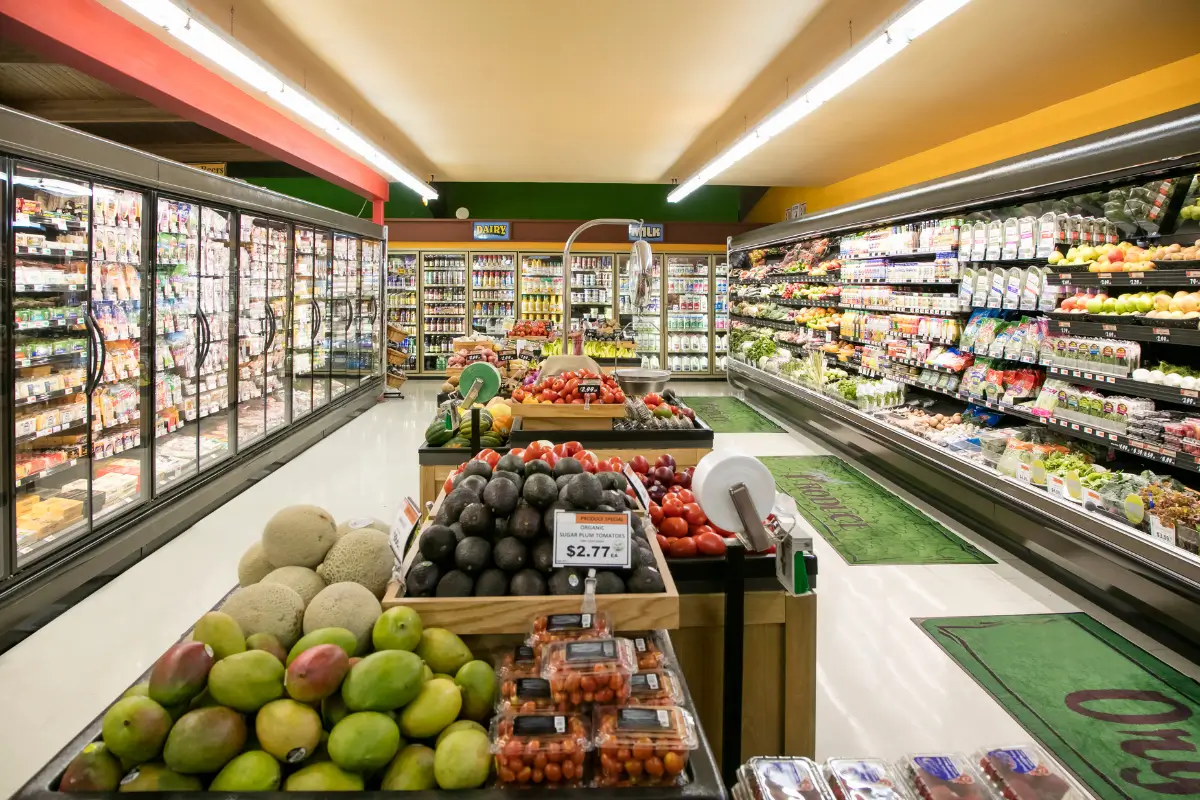Halal certification of a product or food is equivalent to an assurance that its handling and preparation process aligns with Islamic dietary laws. This certification constitutes a fundamental component of the faith and lifestyle. It provides information of excellence and reliability, appealing not only to Muslims but also to anyone prioritizing food safety and ethical standards in food production.
Halal certification not only holds significance for individuals and their religious beliefs but is also pivotal for businesses. It grants access to a substantial market of Muslim consumers who specifically look for products with Halal certification. In the foregoing, failure to obtain halal certification and manage the products to comply with such certification can cause significant financial losses to businesses.
This Halal Certification obligation is regulated based on Law No. 33 of 2014 on Halal Product Guarantee and Government Regulation No. 39 of 2021 on Organization of Halal Product Guarantee. These regulations set out various deadlines to obtain the halal certificate, which depends on the categories of goods and services.

Read More: BPOM RI Readjusts the List of Raw Materials and Ingredients Prohibited for Processed Food
The Government Regulation No. 39 of 2021 further stipulates that foreign products are required to comply with this Halal certification obligation. If the foreign products have obtained halal certification from the country of origin which has a halal recognition body recognized by the Indonesian Government, the products only need to be registered with BPJH. Further, foreign products with halal certificates issued by unrecognized foreign halal bodies must be registered with BPJH to obtain Indonesian halal certification.
Starting from 17 October 2024, the following goods and services must either have a halal certificate or be marked as non-halal:
- Food and beverage products;
- Raw materials, food additives, and auxiliary materials for food and beverage products;
- Slaughtered products and their related services; and
- Related services, such as those about the processing, storage, packaging, distribution, sales, and serving of goods.
Failure to comply with this halal certification obligation will result in administrative sanctions, ranging from a written warning, or fine, to product recalls (Article 150 of Government Regulation No. 39 of 2021).
The mark of information after obtaining Halal certification is named the Halal label. Directive No. 78 of 2023 on Procedures for Halal Certification of Processed Foods and Beverages also requires that non-halal products/restaurants be informed.
The information about halal or non-halal can be in the form of images, symbols, and or writings printed on the product’s packaging, certain parts of the product, and or specific locations on the product.
As a consequence, failure to comply with halal or non-halal labels will result in administrative sanctions in the form of a written warning (Article 150 paragraph (2) of Government Regulation No. 39 of 2021).
***
ET Consultant is a Business Consultant and Legal Consultant Expert that provides support for local and multinational clients to start and manage their business operations in Indonesia. ET Consultant specializes in Business Incorporation, Licensing & Legal, Accounting & Taxes, Immigration, and Advisory Services.
Ready to find out more?
Excellent and Trusted Consultant (ET Consultant)
PPHUI Building Lantai 2 suite 210 Jl. H.R. Rasuna Said Kav. C-22 Kuningan
Jakarta Selatan, 12940 Indonesia.
Tlp : 021 5290 7039
Email : [email protected]


